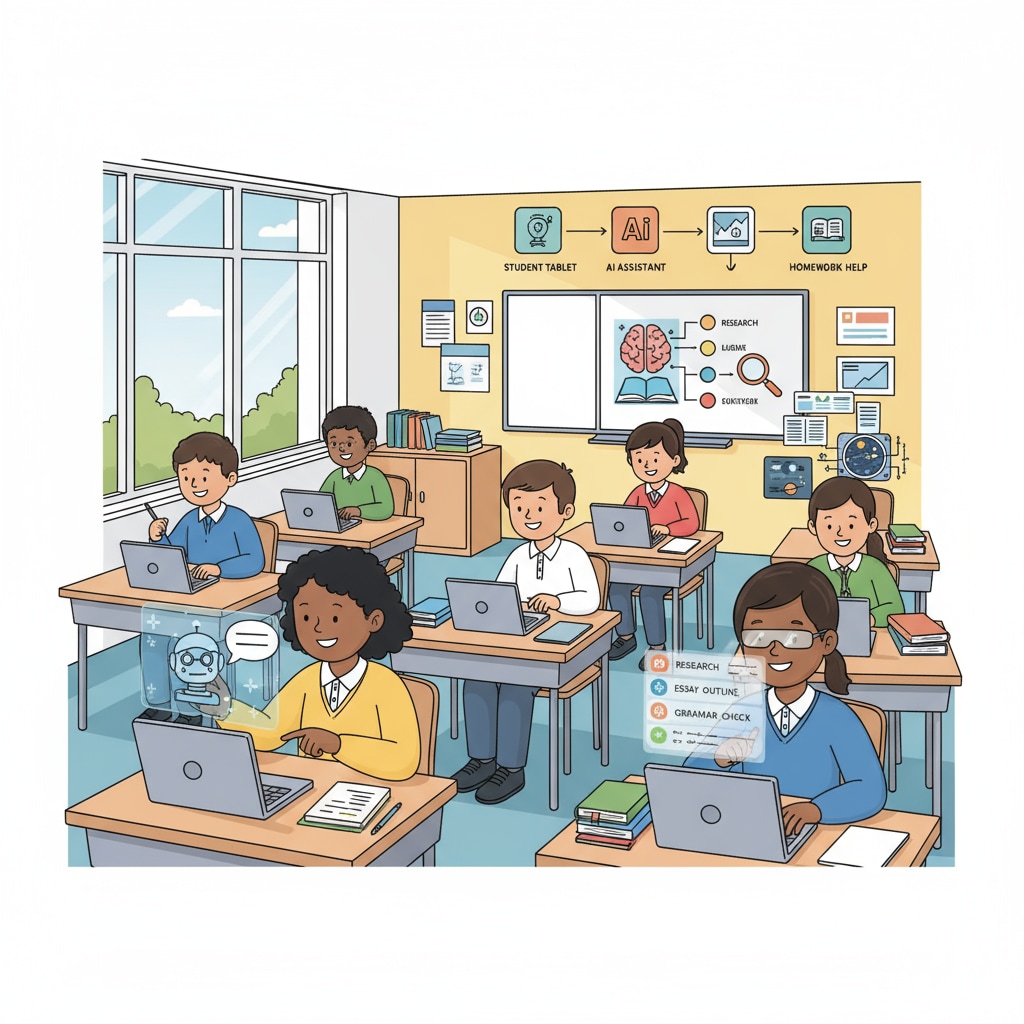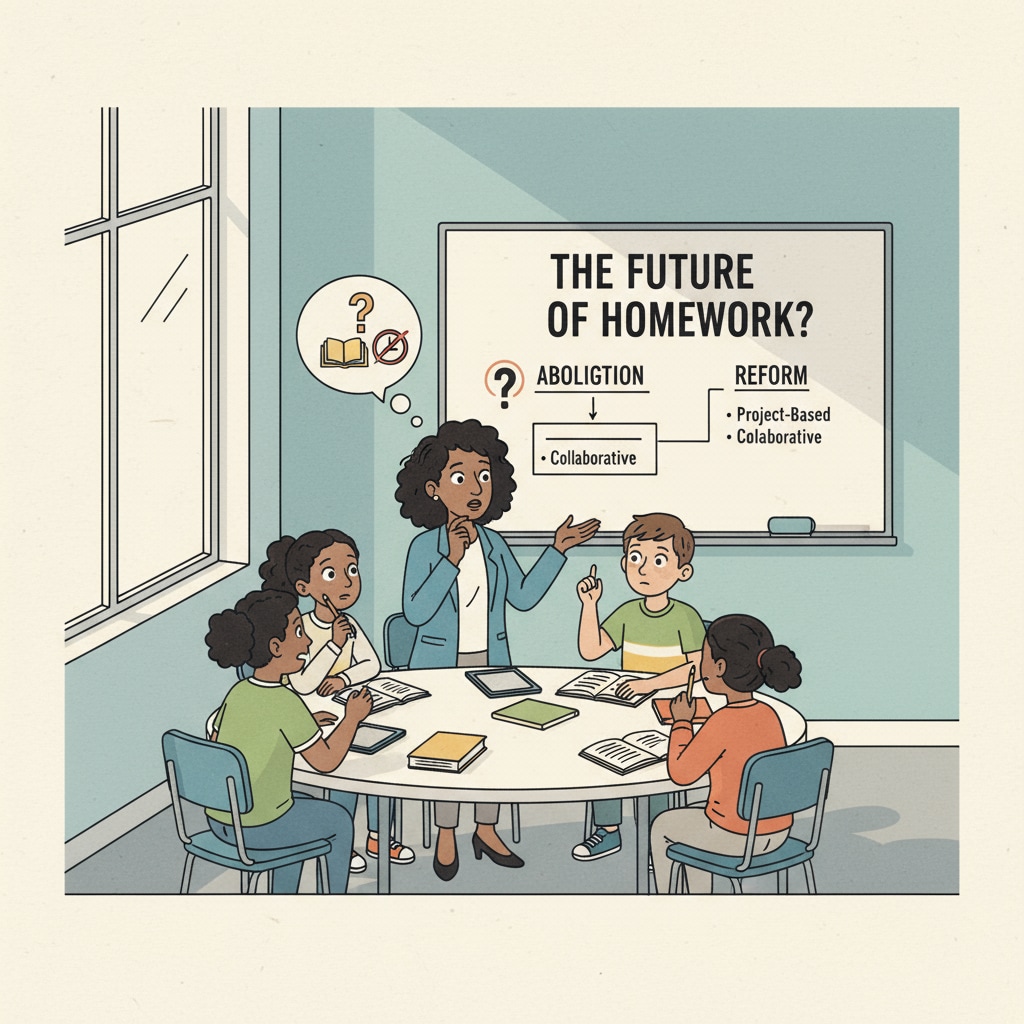In the era of artificial intelligence (AI), the issues of homework and grade inflation have become hot topics of discussion in the educational realm. As AI technology is increasingly integrated into education, students’ grades seem to be inflating, leading some educators to put forward the radical idea of abolishing homework. This article will take a deep dive into whether this solution is feasible.

The Rise of AI and Grade Inflation
AI has brought about a revolution in education. Tools like ChatGPT can assist students in writing essays, solving math problems, and answering various questions. For example, students can input a topic, and within minutes, they receive a well-structured response. As a result, many students are achieving higher grades without necessarily demonstrating a deeper understanding of the subject matter. According to The National Education Association, this easy access to AI assistance is contributing to grade inflation.
The Case for Abolishing Homework
Some educators believe that eliminating homework could be a way to combat grade inflation. Homework has long been a means of reinforcing learning, but with AI, it has lost its original purpose. Without homework, students would have fewer opportunities to use AI for quick answers. This, in theory, would lead to a more accurate reflection of students’ true knowledge and skills. For instance, in-class assessments would become the primary measure of learning, reducing the influence of AI on grades.

The Potential Drawbacks of Abolishing Homework
However, there are significant drawbacks to this approach. Homework serves multiple functions, such as promoting independent learning and time management skills. Without it, students may not develop these crucial skills. Moreover, not all students have equal access to AI. Abolishing homework could disadvantage those who rely on it for extra practice and reinforcement. According to Education.com, homework helps students build a routine and responsibility.
A More Comprehensive Approach
Rather than simply abolishing homework, a more comprehensive strategy is needed. Educators should focus on teaching students how to use AI responsibly. Incorporating AI literacy into the curriculum can help students understand the proper and ethical use of these tools. Additionally, educators can design more challenging and creative in-class and homework assignments that require critical thinking and hands-on work, making it difficult for students to rely solely on AI. For example, project-based learning can be an effective alternative.
Readability guidance: The article presents different perspectives on the issue of AI, homework, and grade inflation. By using short paragraphs and providing examples, it aims to make the complex topic more accessible. The use of external links offers additional resources for further exploration, and the incorporation of images helps to visually represent the ideas discussed.


